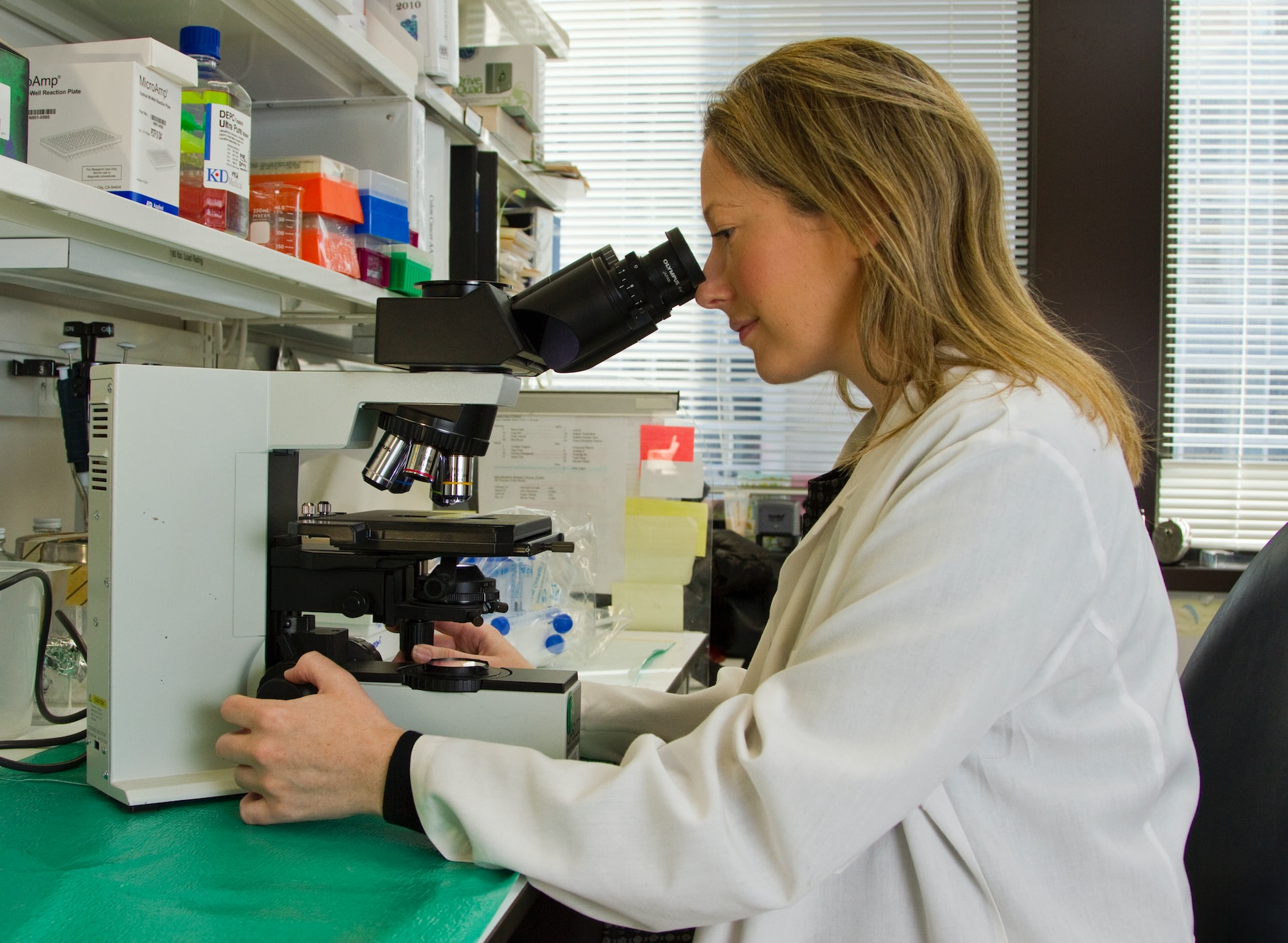 How much suffering and sadness has disease caused humanity? Probably the best way of measuring human progress is how well we do at curing disease. From ancient times, disease and poor health have destroyed more human potential than almost anything else.
How much suffering and sadness has disease caused humanity? Probably the best way of measuring human progress is how well we do at curing disease. From ancient times, disease and poor health have destroyed more human potential than almost anything else.
Table of Contents
Knowledge Is the Path
In contrast, the scientific revolution of recent centuries made it possible to learn more about what causes disease.
The result is unprecedented progress in improving human health. Discoveries about what causes disease have led to countless new treatments and cures for diseases that have ravaged humanity for ages. Curing disease benefits not only the sick but also society as a whole by unlocking human potential.
This progress has been made possible by understanding the mechanisms behind the illness. Armed with this knowledge, we learn how to stop diseases in their tracks. For example, understanding how germs are involved in illness eventually led to the development of antibiotics which have saved countless lives.
Because of dedicated medical researchers, we have vaccines to prevent smallpox, polio, and other potent killers. Understanding the mechanisms of genetics and microbiology has led to revolutions in the prevention, cure, and treatment of many illnesses.
The Need For Research
All the breakthroughs in treating illnesses like diabetes and cardiovascular disease came from the work of many scientists who studied how these diseases work in detail. This shows how vital medical research is to improve the well-being of humanity.
Our cures stem from the intense dedication of medical researchers to improving the quality of human life. Without them, we would be much worse off.
If you or someone you know has had a serious illness like cancer or severe heart issues, you understand how the treatments received changed your life or the lives of those you know.
These treatments exist because someone funded the research needed to develop them. Without this research, many more people would have died or led lives of severe disability. So much human potential would have been lost. Thus supporting medical research may be one of the most important things that we as a society can do.
Researchers Are The Key To Tomorrow’s Advances
A massive key to medical science and technology advancement comes from researchers accessing the latest scientific knowledge. Academia and large corporations fund much of the research that goes on today.
Over time, research has become much more complex and formalized. The need for adequate support for such research has only grown. Medical research is expensive but provides an incredibly high social return on the money invested.
This has led to many treatments that have cured or helped improve the lives of millions worldwide. However, this funding is not entirely enough, or often funds don’t go where they might be most needed. There may not even be enough researchers working on the most complex issues. Underserved communities often suffer the worst from this.
Every treatment for disease started with a medical researcher who wanted to help improve the human condition. Without medical research, there would be no treatments for heart disease, cancer, diabetes, and other potentially deadly illnesses.
This demonstrates how critical medical research is. Funding disease research only improves human welfare. You can see this every time you take a prescription pill. That pill is the result of countless hours of medical research. Every time you visit a doctor or go to a hospital reflects the determination of researchers to provide valuable treatments for disease.
The Everest Foundation: Closing the Gap with Graduate Medical Education

The Everest Foundation is a private non-profit organization that has stepped in to help fund vital research into the treatment and cure of many different diseases. The foundation is committed to ensuring that aspiring medical researchers can connect with the hotspots for advanced research. This expresses the long-held views of The Everest Foundation.
Named after Dr. Edwin A.D. Everest, who passed away in 2008, the foundation has a progressive vision of how to do medical research. Like its namesake, the foundation believes we can better train the medical researchers of tomorrow.
It is now the mission of his daughter-in-law, Agata Everest, CEO of the Everest Foundation, to continue his legacy of care and forward-thinking.
The Everest Foundation’s core initiative promotes graduate medical education (GME). This program connects newly graduated doctors with post-graduate opportunities to do medical research with leading institutions. This will help reduce shortages in the medical research field and help cure diseases and create future medical researchers.
In line with this goal, The Everest Foundation partners with hospitals like Mount Sinai Medical Center in Miami to help fund promising medical research that may one day lead to better treatments for serious illnesses.
The Everest Foundation also provides grants for innovative new research and revamping teaching hospitals’ residency and training programs. The foundation has a mission to make the fruits of medical research more available to more communities.
This was a core principle in Dr. Everest’s work. The goals of The Everest Foundation reflect these principles in all the projects the foundation supports.
Conclusion
During his life, Dr. Edwin A.D. Everest sought to improve the healthcare of underserved communities. The Everest Foundation was set up in his name to continue his work. He also aimed to introduce more doctors to medical research, benefiting all of society.
Like many of the pioneers of medical research over the years, we can continue on the path of treating disease and injury. His successors work to make his vision a reality by focusing their efforts on causes he believed in, like providing for underserved communities.
They also support efforts to treat type-1 diabetes and cardiovascular disease. Under the leadership of Dr. Michael Everest and Agata Everest, his work continues.